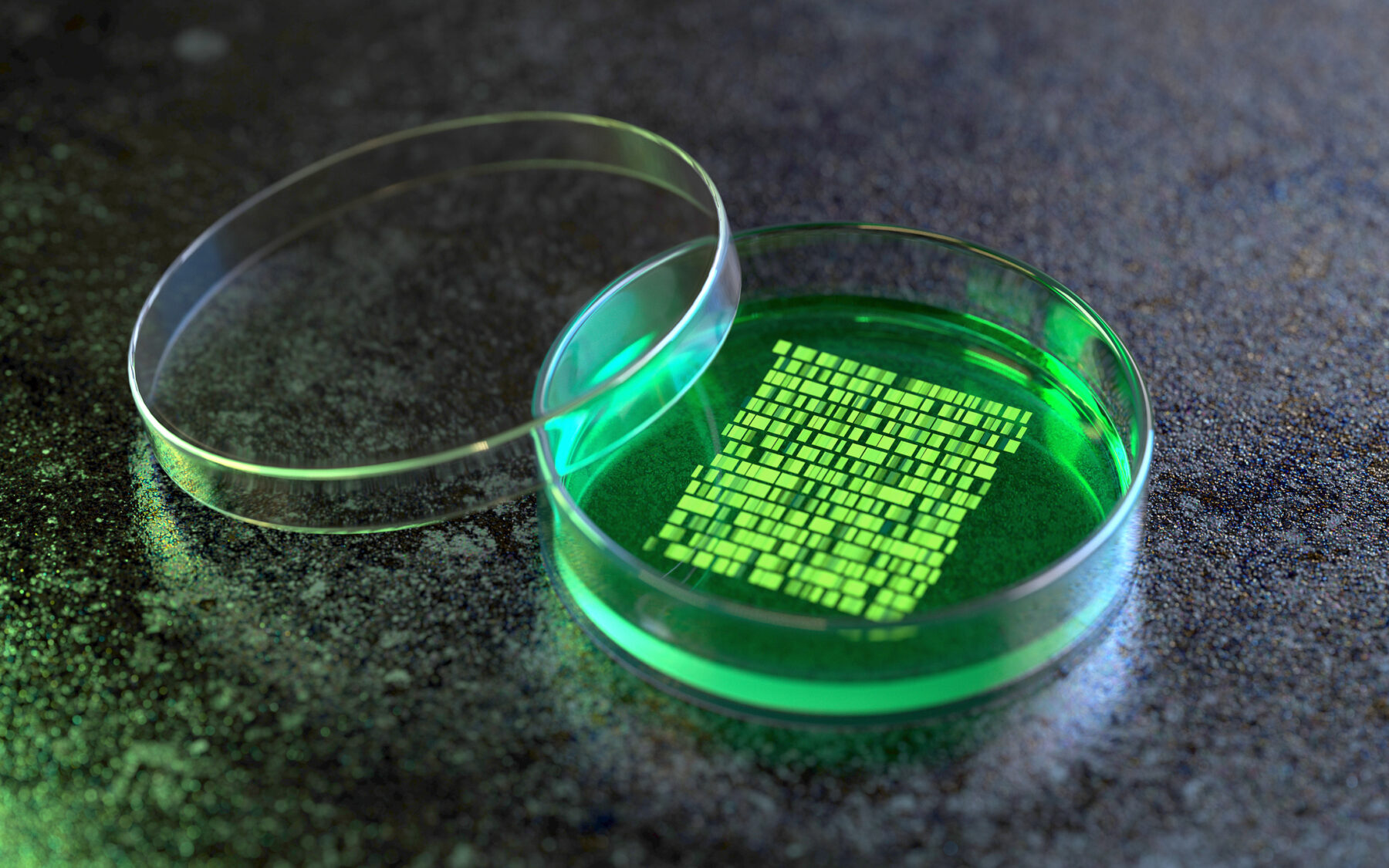Forensic chemistry is the application of chemistry to questions of criminal and civil law and encompasses toxicology and the chemical analysis of evidence. This is a truly interdisciplinary major, giving students training in advanced chemistry courses like Analytical Chemistry, Instrumental Analysis, and Toxicology, but also providing relevant coursework in biology, criminal justice, and psychology. Because of its interdisciplinary nature, the Forensic Chemistry major is an excellent choice for students who plan on attending graduate school in forensic science or who wish to pursue a career as a laboratory scientist after graduation.

Forensic Chemistry
WHY STUDY FORENSIC CHEMISTRY AT CHC?
At Chestnut Hill College, when studying forensic chemistry, you receive more than just an understanding of molecular structures. Along with your classroom and laboratory instruction given by highly qualified and experienced professors, you also gain a well-rounded liberal arts education. This education will help you think for yourself and overlay your scientific decisions with an ethical perspective.
Forensic chemistry majors take courses focused on modern chemistry instrumentation, gaining valuable technical skills through hands-on lab instruction. This approach to student learning really sets Chestnut Hill College apart from larger universities where students usually do not get direct training with state-of-the-art instrumentation. The major also includes a focus on toxicology and basic biochemistry, exploring how chemicals can have a positive or negative effect on the body. Forensic chemistry majors are required to complete an internship in the field, often through one of the college’s connections with local agencies such as the Medical Examiner’s Office (MEO) or the Drug Enforcement Administration (DEA).
Your after-graduation options include:
- Going to graduate school in forensic science
- Working in a laboratory in a pharmaceutical company, an industrial chemical company, or drug-testing laboratory
Internships:
Chestnut Hill College is centrally located near several major pharmaceutical, chemical, and forensic science companies such as Merck, Bristol-Myers Squibb, National Medical Services, Centocor, Inc., GlaxoSmithKline, Wyeth-Ayerst, Dupont and many more. Our forensic chemistry students have completed internships at the Medical Examiner’s Office and the Drug Enforcement Administration. We are also close to several public and private schools that are committed to developing more and better science teachers. All of this provides an exceptional learning opportunity for our students – not to mention a great location from which to launch a career.
Some of these internships even lead to full-time employment after graduation. Several of the places at which our majors have held internships are the following:
- The Medical Examiner’s Office of Philadelphia
- The Drug Enforcement Administration
- SPACT, The Center for Security Printing and Anti-Counterfeiting Technology
- JRF America
- The Research Center of the US Dept of Agriculture
-

Joshua D. Fetterman, Ph.D.
Chair, Center for Natural and Behavioral Sciences
Associate Professor of Psychology -
Rebecca Eikey, Ph.D.
Department Chair, Chemistry and Physics
Associate Professor, Chemistry -
Elliott Tammaro, Ph.D
Assistant Professor of Physics
-

Kathleen Duffy, SSJ, Ph.D.
Professor Emerita of Physics
Director of the Institute for Religion and Science
